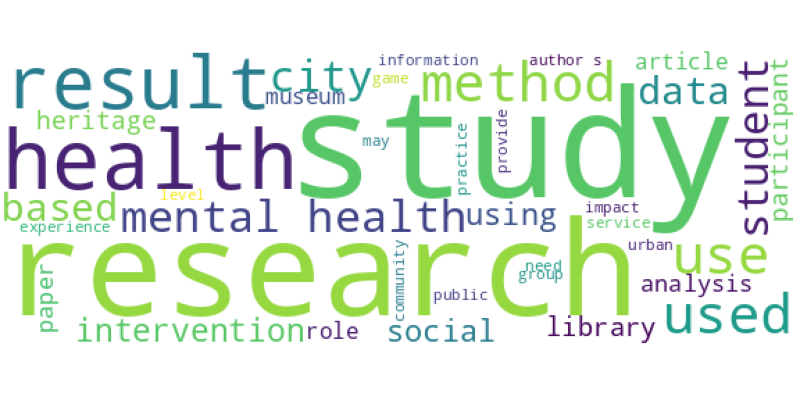| Id | 2429 | |
| Author | Tori A.A.; Tori R.; Nunes F.D.L.D.S. | |
| Title | Serious Game Design in Health Education: A Systematic Review | |
| Reference | Tori A.A.; Tori R.; Nunes F.D.L.D.S. Serious Game Design in Health Education: A Systematic Review,IEEE Transactions on Learning Technologies 15 6 |
|
| Link to article | https://www.scopus.com/inward/record.uri?eid=2-s2.0-85137583742&doi=10.1109%2fTLT.2022.3200583&partnerID=40&md5=897b6ccd69bed60a9ccc9108156f6f84 |
|
| Abstract | Inclusion of game elements in health education has proved to be effective in helping student training. Commonly termed as 'serious games' these gamified systems can be an alternative to empower and motivate students during the learning process. The literature contains serious games for professional training in many health-related areas, including several motivating and playful gamification elements, and a variety of evaluation techniques used. Some review studies have compiled articles that present serious games for health-related areas analyzing aspects such as development methodologies and assessment techniques. However, the playful aspects that contribute to the health education process have not yet been compiled. This article focuses on a systematic review that analyzes the state of the art regarding serious games for health-related education, and evaluates the following: 1) game elements; 2) platforms, evaluation methods; and 3) requirements analysis methods. The findings indicate that 'Tasks,' 'Score,' and 'Level Progression' were the most used gamification elements. Physiotherapy, psychology, and physical education were the areas most covered by the included articles. Pre and posttest questionnaires were identified as the main methods used to evaluate the serious games. The article contributes with an overview of the serious games design process, abstracted from the performed review and depicted in a diagram showing the phases commonly found in our study. The article also proposes a categorization for the most used game elements and evaluation methods. © 2022 IEEE. |
|
| Keywords | Curricula; Game design; Learning systems; Personnel training; Serious games; Students; Surveys; Game; Game educations; Game elements; Gamification; Health education; Serious games designs; Serious games for healths; Systematic; Systematic Review; Task analysis; Health |
Wordcloud:



